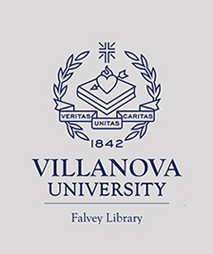Social Singularities in Cosmic Environments Engendering Big History
##plugins.themes.bihistory.article.main##
Abstract
According to archaeologist André Leroi-Gourhan, humanized space can be understood on multiple levels – for meeting basic survival needs, to establish a social system, and as a starting point for understanding the wider conceptual universe. In our own social ecology work, we have found that gender is integral to the spatial dimensions of human life, and so the question arises:
Is Gender also Central to the Study of Big History?
Can we represent gender, so it addresses synergies and symbiotic relationships of the cosmos, as well as concerns for the conservation of ecology and heritage? These questions correlate well with Big History’s consideration of the universe’s varied environments, making the study of humanized space a key factor in self-understanding.
Is Gender also Central to the Study of Big History?
Can we represent gender, so it addresses synergies and symbiotic relationships of the cosmos, as well as concerns for the conservation of ecology and heritage? These questions correlate well with Big History’s consideration of the universe’s varied environments, making the study of humanized space a key factor in self-understanding.
##plugins.themes.bighistory.article.details##
Section
Articles

This work is licensed under a Creative Commons Attribution 4.0 International License.
Authors who publish with this journal agree to the following terms:- Authors retain copyright and grant the journal right of first publication with the work simultaneously licensed under a Creative Commons Attribution License that allows others to share the work with an acknowledgement of the work's authorship and initial publication in this journal.
- Authors are able to enter into separate, additional contractual arrangements for the non-exclusive distribution of the journal's published version of the work (e.g., post it to an institutional repository or publish it in a book), with an acknowledgement of its initial publication in this journal.
- Authors are permitted and encouraged to post their work online (e.g., in institutional repositories or on their website) prior to and during the submission process, as it can lead to productive exchanges, as well as earlier and greater citation of published work (See The Effect of Open Access).



